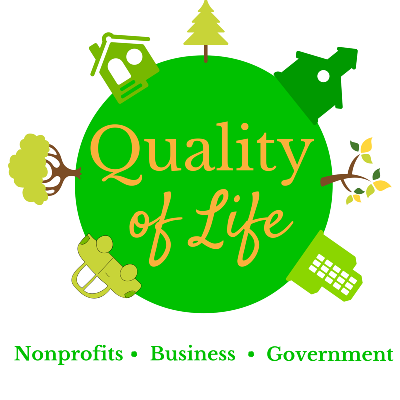Public Health Equity and Health in All Policies
 By Sawida Kamara, Staff Consultant, Maryland Nonprofits
By Sawida Kamara, Staff Consultant, Maryland Nonprofits
This post is the third in a series focused on highlights from the 2015 Legislative Preview. View the previous post here.
Rebecca Ruggles of the Maryland Environmental Health Network (MDEHN) moderated a discussion with Madeleine Shea (Office of Minority Health at the Centers for Medicare and Medicaid Services) and Michael Scott (Equity Matters) on public health equity. Shea highlighted the progress made in access to healthcare in the State, and the need to ensure that investments made thus far in healthcare remain in place. She also commented that there is a need to keep our eyes on the lessons learned emerging from the healthcare innovation projects going in the State, and that now is also the time to move towards community-based care for all populations. Shea also discussed community health workers (CHWs) and the important role they play in working with the State’s vulnerable populations and connecting them to the resources they need outside of the healthcare setting. She reiterated the need to remove barriers to reimbursement for CHWs and other paraprofessionals.
Michael Scott discussed the need for a common language when it comes to addressing health equity issues in Maryland. He described that the health equity discussion is not about healthcare, but about housing, education, transportation, employment and other social determinants of health. Reforms nationally have addressed these issues more comprehensively, such as Public Health -Seattle & King County, the Boston Public Health Commission and the Texas Health and Human Services Commission who are using a Health in All Policies lens to develop policies and plans that address the multiple social factors that influence health and quality of life. He also highlighted initiatives like the Opportunity Collaborative, a regional plan for sustainable development for the greater Baltimore region, and the national The Raising of America project, a documentary series and public engagement campaign exploring how a strong start for all children can lead to a healthier, stronger and more equitable America. Scott noted that these and other initiatives are blending social science and community engagement to promote healthy equity. Lastly, Scott urged the need for advocates to connect and build a broad-based health equity movement through finding uncommon, common denominators in other social movements.
For more information on nonprofit advocacy in Maryland, contact Henry Bogdan, Public Policy Director, Maryland Nonprofits.

Join us for the Quality of Life Summit March 24th at the McDonogh School in Owings Mills, MD.
Connect with Maryland Nonprofits
on Facebook, Twitter, LinkedIn, and Google+, tell us what you think and what kind of topics you would like to see more of on our blog!
![]() Step into springtime with a rewarding nonprofit career, follow @MDNonprofitJobs
Step into springtime with a rewarding nonprofit career, follow @MDNonprofitJobs
